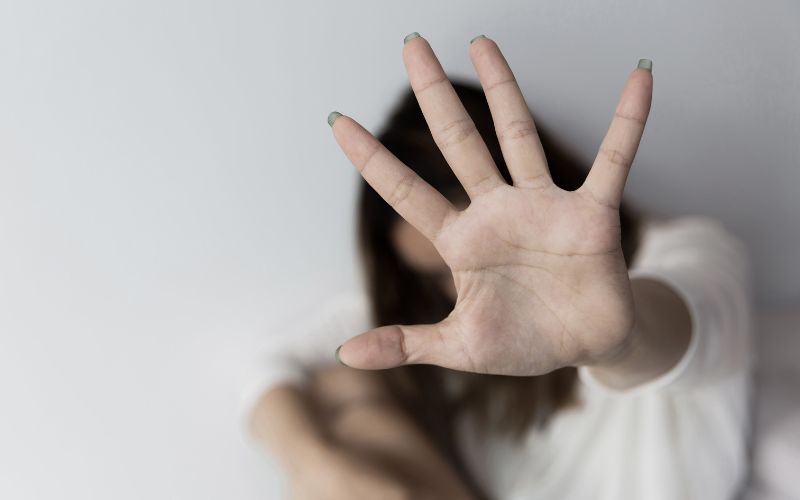
- Details
- By Kaili Berg
On the webinar, Anna Smith (Lakota Sioux), a reiki master practitioner and teacher, death doula and sound healer, and enrolled member of the Rosebud Sioux Tribe, shared her personal experience breaking a generation’s long cycle of domestic violence.
Smith grew up on the Rosebud Reservation in South Dakota, where her grandmother was murdered by her abuser. The cycle continued when her mother was sent to a residential boarding school where she endured brutality and then into her own personal relationships, where her life almost ended.
“I am breaking the cycle,” Smith said. “I am healing now and helping others heal now. It is now my life’s work and I am very passionate about supporting women, children, and men now.”
According to the National Congress of American Indians, at least 85 percent of Native women have experienced some form of violence in their lifetime. There are at least 5,500 murdered and missing indigenous women and girls every year in Canada and the United States.
This trend is not new, as Indigenous people have faced violence and the tragedy of a missing or murdered loved one for generations, tracing back to the first instances of physical and cultural violence committed against them from the start of colonization. The negative impact of that trauma continues to affect Indigenous communities today.
“It’s not indicative of a whole culture that violence is something that is innate, but I do feel as though a few things impact domestic violence, abuse, and degradation towards Indigenous people, especially Indigenous women, that has been going on for a very long time,” Smith said.
Smith wants other victims to know that they are not alone and that there are resources available for help. She highlighted The White Buffalo Calf Women’s Society on the Rosebud Sioux Reservation, which was founded in 1977 as the first shelter for survivors of domestic violence on a reservation in the United States.
“There’s a manifestation of the devaluing of Indigenous women and children,” Smith said. “Children like my mom who experience horrific trauma have no resources. This is why I like the White Buffalo Calf Woman Society so much. They offer all the things that I would have wanted my mom to have, that I would have wanted her mom to have.”
If you or anyone you know is a victim of domestic violence, please see the list of resources below:
- National Domestic Violence Hotline
- National Indigenous Women’s Resource Center, Inc. (NIWRC)
- StrongHearts Native Helpline
- National Health Resource Center on Domestic Violence
- Loveisrespect.org
- Building Domestic Violence Health Care Responses in Indian Country: A Promising Practices Report
- National Center on Domestic Violence, Trauma & Mental Health
- Family Violence Prevention and Services Grants to Tribes
More Stories Like This
Seven Deaths in Indian Country Jails as Inmate Population Rises and Staffing DropsSen. Luján Convenes Experts to Develop Roadmap for Native Maternal Health Solutions
Senate Passes Bill Aimed at Missing and Murdered Indigenous Peoples Crisis
Johns Hopkins Collecting Tribal Success Stories from $1.5B Opioid Settlement
Arizona MMIP Task Force Holds Listening Session for Survivors and Families


